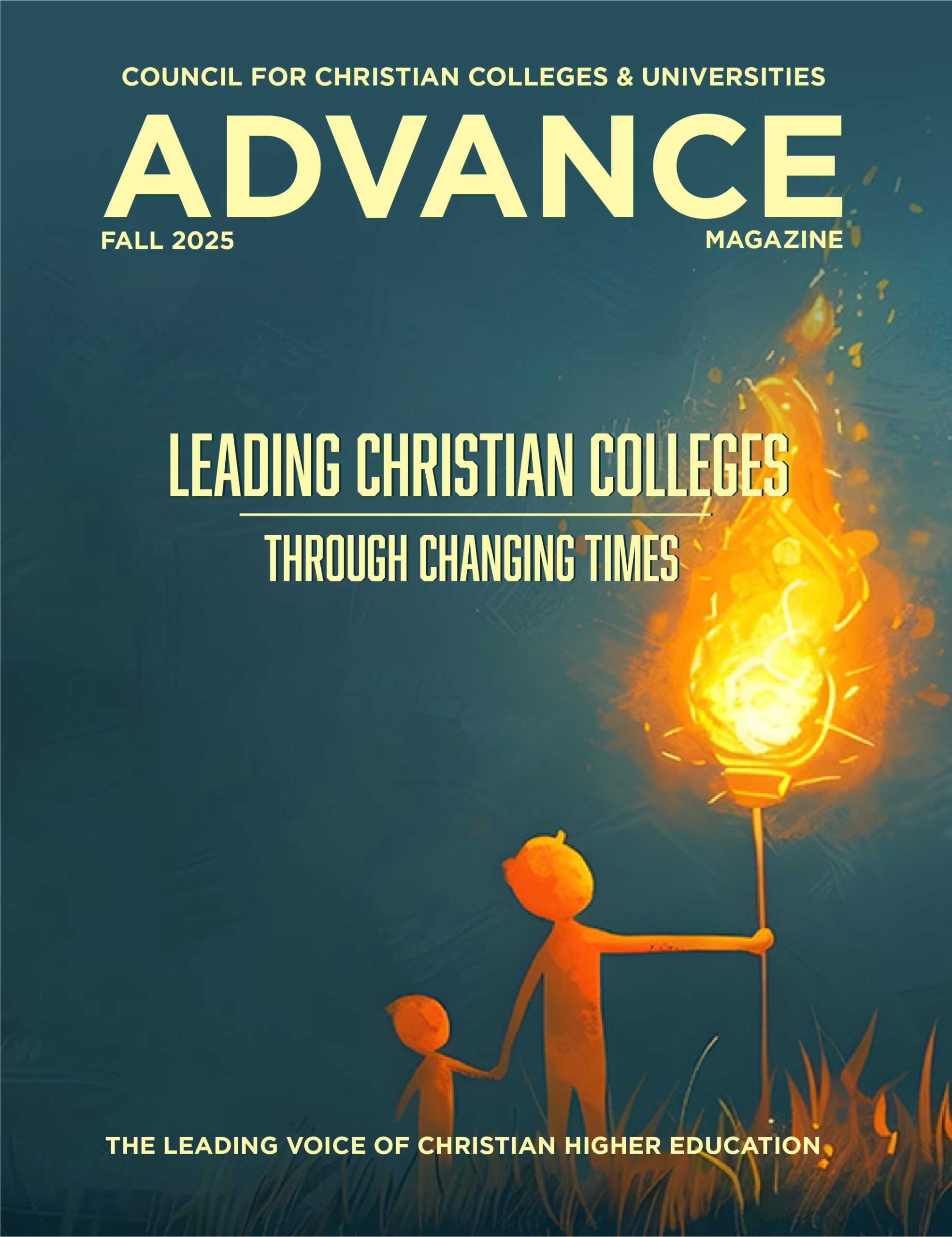Magazine
One of the thrills of my job is being a commencement speaker and witnessing the joy of a family like Sophia’s. On that particular graduation day, I could see her family gathered around her as she stood there in her cap and gown with the cords draped over her shoulders, indicating her status as an honors student. Her grandparents were there, too — Juan and Lucia Hernandez, who came to America from Guatemala. Their lives here weren’t easy; Juan worked as a painter and Lucia cleaned houses. But their sacrifices were beginning to reap benefits. Their daughter had been able to attend one of the best high schools in the area — and now their granddaughter, Sophia, was graduating with honors and going to medical school. For the entire family, it was a dream come true.
Sophia not only thrived in her academic work, but she also was a leader on campus. With a beautiful voice, she helped lead worship for the chapel program along with others on the praise team who consistently encouraged each other to do their best, to love the Lord, and to serve others. Making time to serve others was a challenge for a pre-med student like Sophia, who was in a difficult, time-consuming program. But at her institution, her mentors consistently reminded her that we aren’t the best we can be unless we develop our minds as well as our hearts and souls. That was why Sophia was as dedicated to her time on the chapel team as she was to her time in the classroom.
Sophia represents the kind of graduate that has been shaped by a liberal arts education. To paraphrase a quote from a 2014 graduation speech by the journalist Fareed Zakaria, “You learn to write, speak, to learn, to move through life, be a good citizen, be a better human. … The goal is to create a noble life.” The author David Brooks beautifully described the kind of noble life a Christian college degree cultivates when he spoke to a group of CCCU presidents in 2016, noting that CCCU institutions “have a way of talking about and educating a human person in a way that integrates faith, emotion, and intellect. You have a recipe to nurture human beings who have a devoted heart, a courageous mind, and purposeful soul.”
The devoted hearts, courageous minds, and purposeful souls aren’t cultivated on our campuses by accident. They are shaped and formed by love — love for Jesus and love for our neighbors that is modeled by those who surround us. They are cultivated because you have faculty and staff who love God and are experts in their disciplines; because you have a community that challenges you, laughs and cries with you, and believes in you. Students learn to develop a noble life because you as Christian higher education leaders provide a model of pursuing the hard work that needs to be done in a way that isn’t only for the benefit of you or your campus — it’s primarily for the audience of the One who loved you so much that he gave his life for you: Jesus.
At its core, a noble life is built on habits and virtues that become your defining qualities. A Christian liberal arts education helps develop these qualities, preparing students not just for a job but for a lifetime of learning and growth. In his book The Road to Courage, Brooks differentiates between the résumé virtues and the eulogy virtues. The résumé virtues don’t lead to a courageous, devoted, or purposeful life; the eulogy virtues do. Christ-centered education teaches students that the Spirit of Christ lives in you and, through God’s grace, generates the qualities described in Galatians 5:22-23: love, joy, peace, patience, kindness, goodness, faithfulness, gentleness, and self-control. These are traits that mark a noble life.
How did Sophia become the person with a devoted heart, a courageous mind, and a purposeful soul? Through the time she spent in chapel, in her classroom, in the dorm where she lived. In every aspect of her daily life on a Christian college campus, the goal was to cultivate a Philippians 4 life: “Summing it all up, friends, I’d say you’ll do your best by filling your minds and meditating on things true, noble, reputable, authentic, compelling, gracious — the best, not the worst; the beautiful, not the ugly; things to praise, not things to curse. … Do that, and God, who makes everything work together, will work you into his most excellent harmonies” (Philippians 4:8-9, The Message). Christian higher education — the combination of the liberal arts and professional preparation under the Lordship of Jesus Christ — creates the truly noble life.
Shirley V. Hoogstra is the president of the CCCU.



